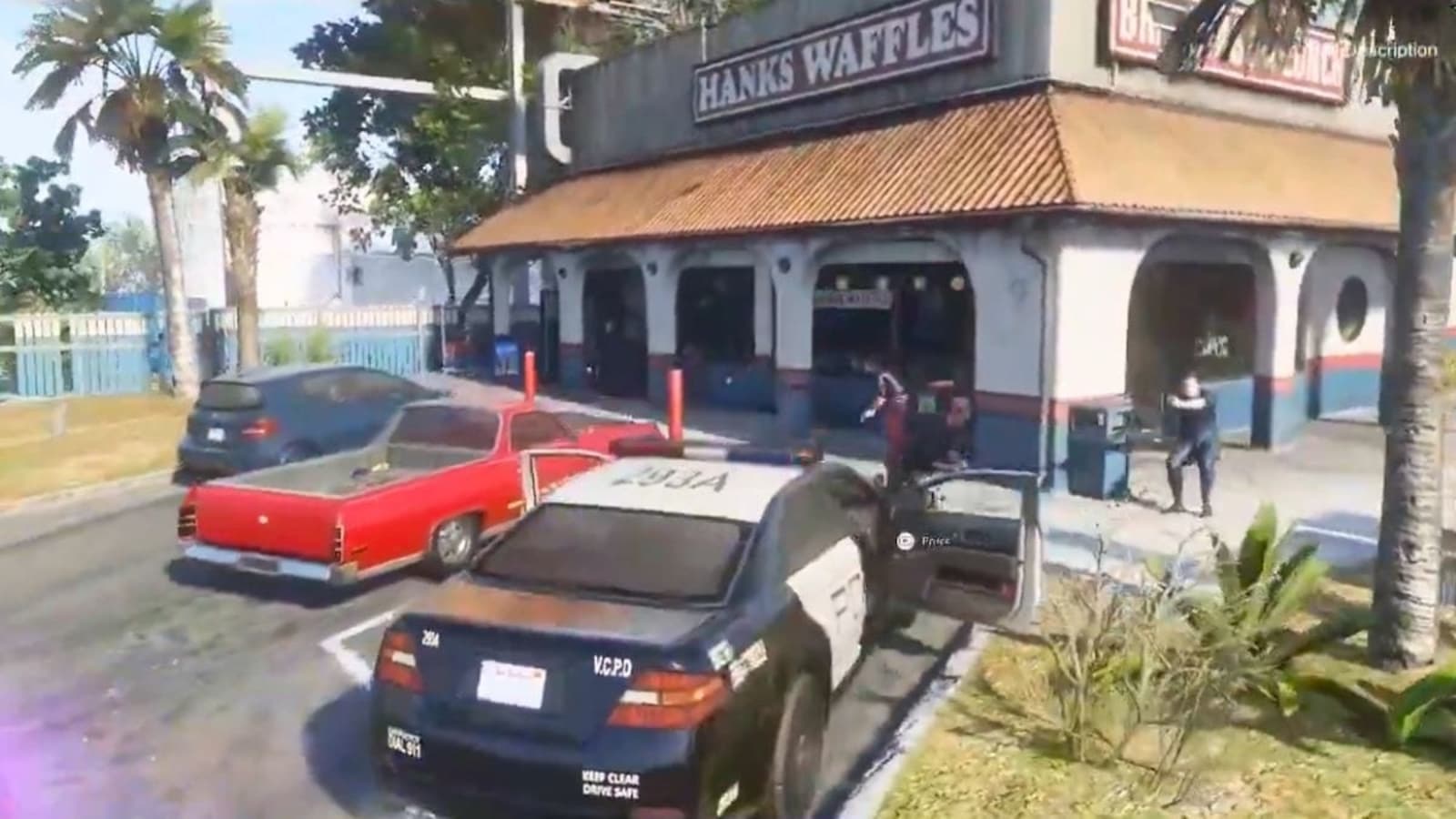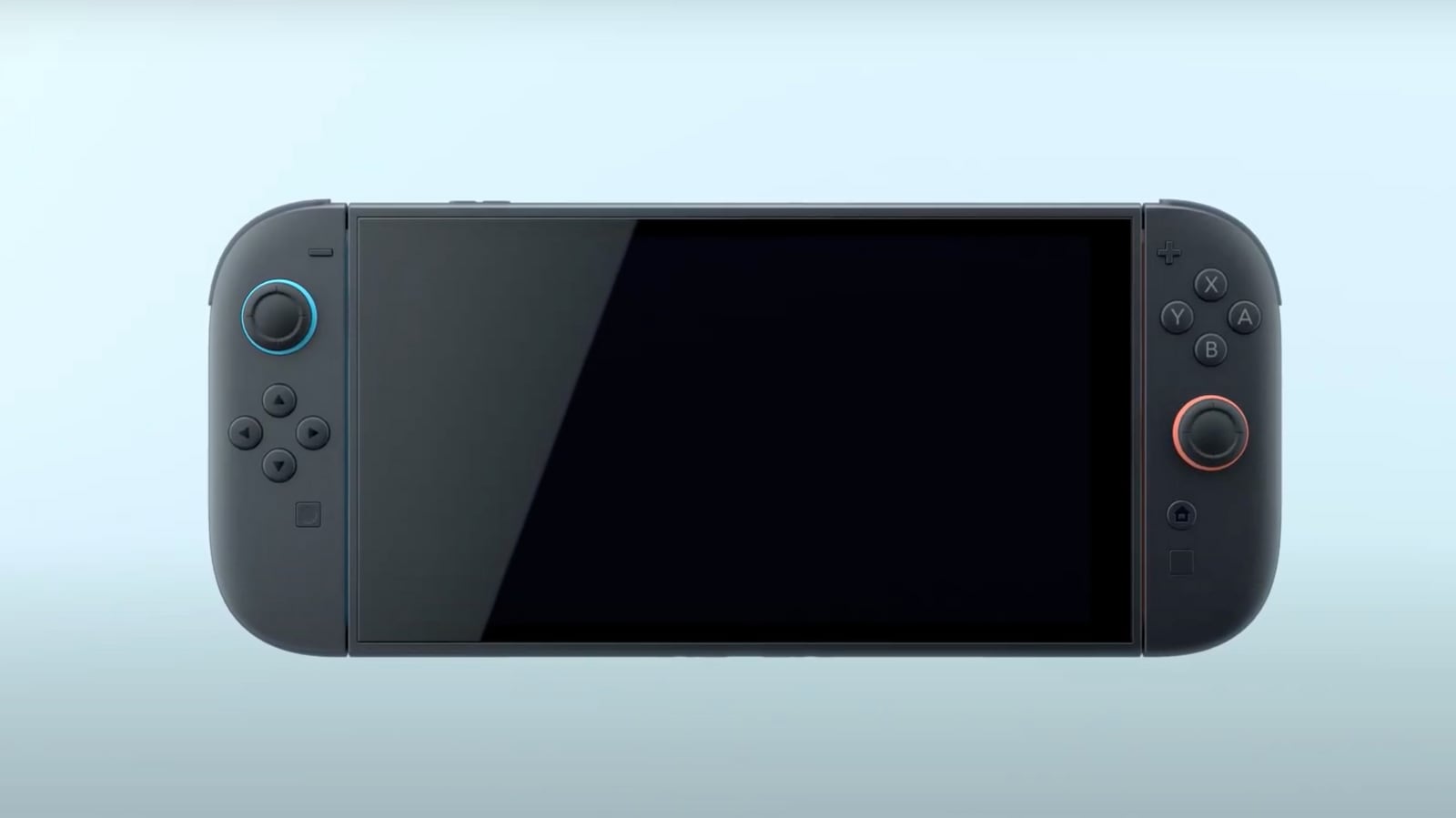Epic Games Inc. on Thursday released Lego Fortnite, the first in a series of new titles from the closely held video-game giant as part of an effort to expand beyond its cartoonish shooting game franchise.
The new game lets players craft their own tools, weapons and shelters as they try to survive in a sometimes hostile environment. It’s part of a larger strategy by Epic to create more virtual worlds where gamers can socialize and play, while incorporating outfits and other elements purchased in the original Fortnite game. “This is just the first step, but it’s a huge step in terms of changing the way people interact with gaming ecosystems like ours,” Epic President Adam Sussman said in an interview.
Epic is also releasing Rocket Racing, a car racing game, on Friday, and Fortnite Festival, a music title where players can start a band or perform as a solo artist. It debuts on Dec. 9 in an online promotion with the singer the Weeknd.
Fortnite became a global phenomenon in 2017 after Epic debuted a “battle royale” mode where players from around the world could compete in matches until the last one was standing. The company has continued to keep the game fresh, introducing costumes and gear tied popular brands like Star Wars and Marvel Comics. It’s still the most viewed game on Amazon.com Inc.’s Twitch streaming service. Last month, Fortnite attracted a record 44.7 million players in one day after the company released a nostalgic Fortnite OG version that include elements from the very first edition.
Lego Fortnite joins a survival-crafting genre of games that has drawn millions of players to titles such as Iron Gate Studio’s Valheim and Studio Wildcard’s Ark: Survival Evolved. The release follows last year’s investment of $1 billion in Epic by Kirkbi, the family holding company that controls the Lego Group.
Less than a year ago, Epic Executive Vice President Saxs Persson made a bold decision that has since become lore at the North Carolina-based company. Epic developers redrew, reanimated and reconfigured 1,200 of the skins, or outfits, players purchased in Fortnite in the blocky Lego style. That way, the digital items players purchased for between $7 and $16 since Fortnite’s original launch could be carried over into Lego Fortnite.
“It was one of those swallow-hard-and-commit moments,” Persson said in an interview, adding that Epic plans to do this for every new Fortnite outfit going forward. “It’s a big commitment. But 10 years from now, we will look back and say, ‘That was a decision that changed how players thought about their investment in the long term.’”
In-game purchases form an increasing portion of video game companies’ revenue as free-to-play games like Fortnite are the industry’s new norm. Some two-thirds of Activision Blizzard and Electronic Arts Inc.’s bookings come from the sale of video-game cosmetics, subscriptions or other digital goods. Fortnite players spend billions of dollars a year on in-game purchases.“Players will have more utility for the cosmetics they produce across the whole ecosystem versus just an individual experience,” Sussman said.
Lego Fortnite also progresses Epic Chief Executive Officer Tim Sweeney’s vision for the metaverse, an online, 3D social environment where players’ avatars interact and express themselves. One core tenet is interoperability — the notion that intellectual property, digital assets and avatars can translate from one online experience to another.
Epic is utilizing some of its other businesses, such as the Unreal game engine, software which is used to build Epic’s games and other top titles like Capcom Co.’s Street Fighter 5. In March, Epic announced that users could design and publish their own Fortnite-like games using Unreal. In the program’s first six months, Epic paid out over $120 million to amateur game developers, who published their creations as commercial products.
Rocket Racing was developed by Epic subsidiary Psyonix, maker of the hit game Rocket League, and will exist as a mode within the main Fortnite game. Fortnite Festival was developed by Epic subsidiary Harmonix, maker of the Rock Band game. Fortnite attracted greater attention for some of the musical performances hosted within the game, including shows by Ariana Grande and Travis Scott. In September, Epic sold the music site Bandcamp.
Epic has also spent millions offering weekly free games to users of its digital marketplace, the Epic Games Store, with the goal of bringing gamers into its ecosystem. The company is fighting Alphabet Inc.’s Google in court over its mobile app store policies, which Sweeney described as a “fake open ecosystem.”
























